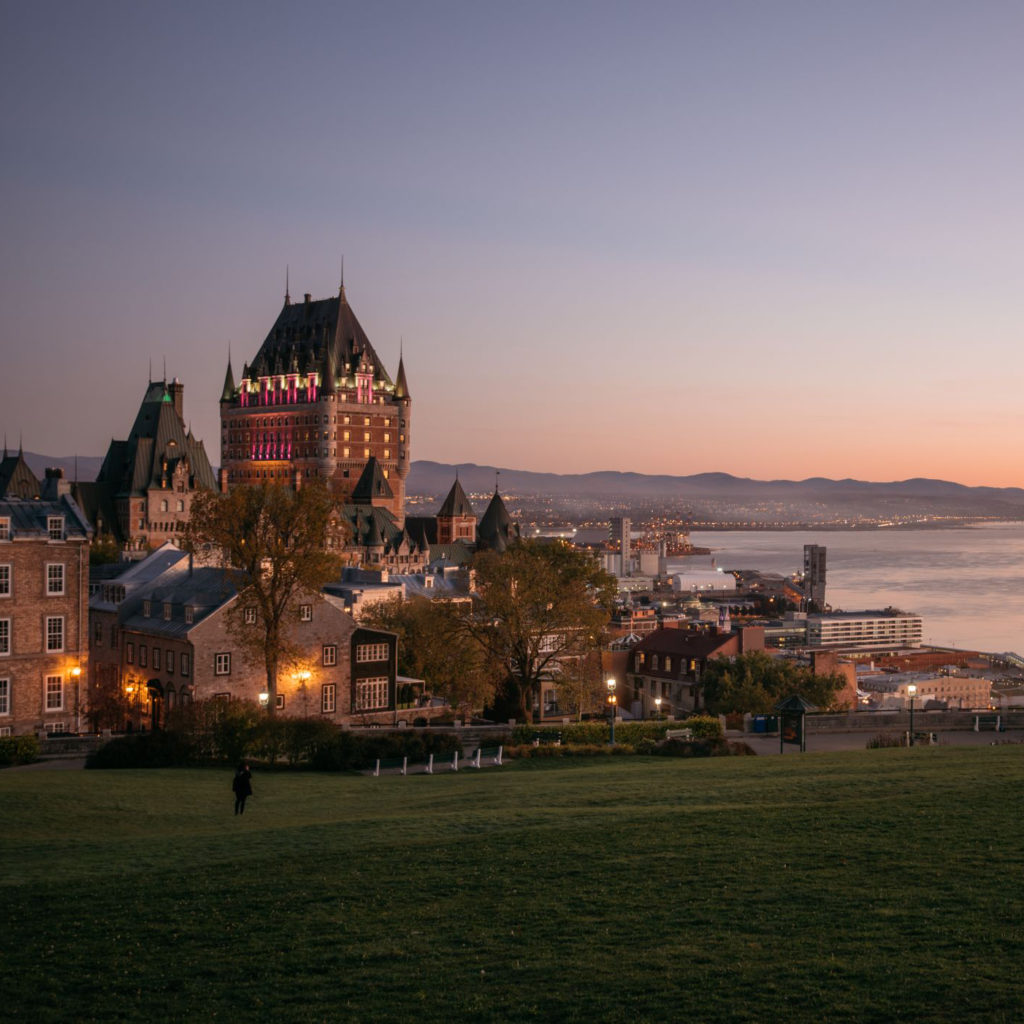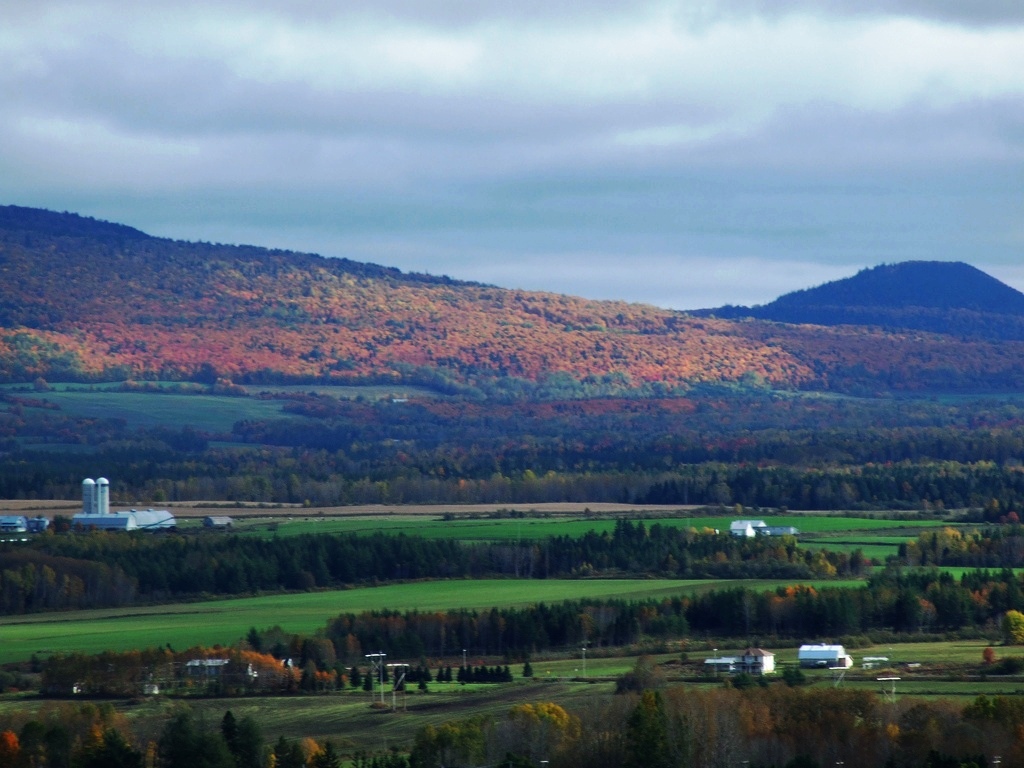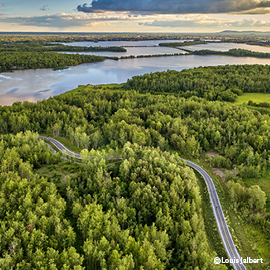It was with great enthusiasm that the Chairman of the Board of the Quebec Film and Television Council (QFTC), Sylvain Lafrance, and its CEO, Pierre Moreau, revealed the report for fiscal year 2017-2018 to members at the annual general meeting held on July 5. The report highlights in particular the sustained growth of foreign investments in audiovisual production, which reached a record of $645 million in 2017.
“We are very happy with this outcome — the result of concentrated efforts from the whole industry. Our commitment to Quebec’s audiovisual industry is as strong and serious as ever. Together with our public and private partners as well as all our members, we are contributing to the evolution and growing international reputation of Quebec as a multi-screen production hub,” says Pierre Moreau, CEO of the QFTC
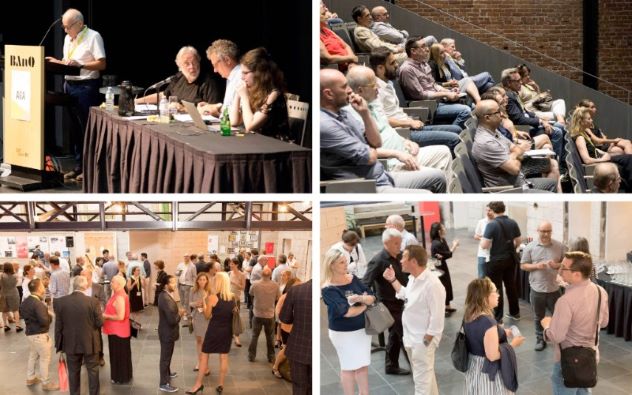
Highlights
Visual Effects
In 2017, 55 local productions and 102 foreign productions entrusted Quebec businesses with their visual effects, representing $262 million in contracts. More than 18,400 shots were created in Quebec for prestigious productions such as Blade Runner 2049, Star Wars: The Last Jedi and Hochelaga, terre des âmes. For more information
Foreign Shootings
With 23 productions, 653 shooting days and $383 million in direct spending in Quebec, 2017 was a record year for direct spending in Quebec by foreign productions. This remarkable 29% increase from 2016 led to the creation and maintaining of 5,946 jobs. The QFTC boosted its development efforts with a new increase in number of activities: over 40 producers were welcomed in Quebec this year! For more information
Intellectual Property and Green Shootings
The QFTC is also continuing its economic development efforts in the sector by implementing two new projects. The first is focused on intellectual property. It began with a study aimed at introducing a tax incentive for audiovisual production and video games that would keep intellectual property in Quebec or bring it back to the province. The study was made possible by financial partnerships with Alliance numérique, the Ville de Montréal, the Ville de Québec and the law firm Smart & Biggar, and will be published soon. The long-term goals of this project are to promote the development of a marketing- and international-development-driven culture within Quebec business.
The Green Shoot project was also developed in 2017. This initiative was carried out in collaboration with the Ministère du Développement durable, de l’Environnement et de la Lutte contre les changements climatiques as well as RECYC-QUÉBEC, and it aims to show how environmentally friendly measures can result in significant production savings for producers as well as make Quebec more competitive.
– To review the Annual Report 2017–2018 –
New and re-elected members of the QFTC’s Board of Directors
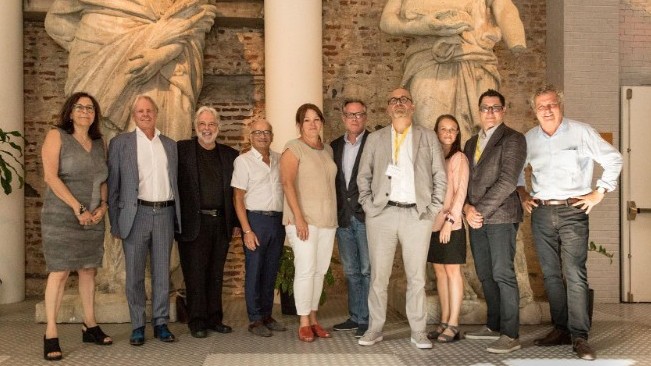
Marie-Claude Poulin (MCP Productions), Andrew Lapierre (Vidéo MTL), Dean Chenoy (Miller Thomson),
Catherine Chénier (Ville de Québec – Bureau des grands événements), Christian Lemay (IATSE 667), Sylvain Lafrance (HEC)
This annual general meeting also saw elections being held for several seats on the Board of Directors. Dean Chenoy (Miller Thomson), Martin Picard (Groupe TVA) and Louise Lantagne (SODEC) were respectively re-elected as Secretary of the Board, Broadcasters Representative and Public Funders Representative. Christian Lemay (I.A.T.S.E. 667) was re-elected by acclamation to represent labour organizations with Canadian and/or international affiliations. Gilles Charland (AQTIS) is also keeping his seat as the representative for labour organizations without Canadian and/or international affiliations, and Christian Laforce will now be representing regional film commissions.
The QFTC extends its congratulations to the newly elected members and is thrilled to have their support for its activities over the next two years.
Guest Speaker, Réal Tremblay
As part of the annual general meeting, Réal Tremblay, Senior Tax Consultant at PwC Canada, spoke to QFTC members about tax changes in the audiovisual sector from the 1980s to now. Drawing on a rich background of over 30 years with the Ministère des Finances and Revenu Québec, Mr. Tremblay offered a highly informative presentation that unpacked the history and issues associated with this essential aspect of our industry. The QFTC would like to thank Mr. Tremblay for accepting the invitation.
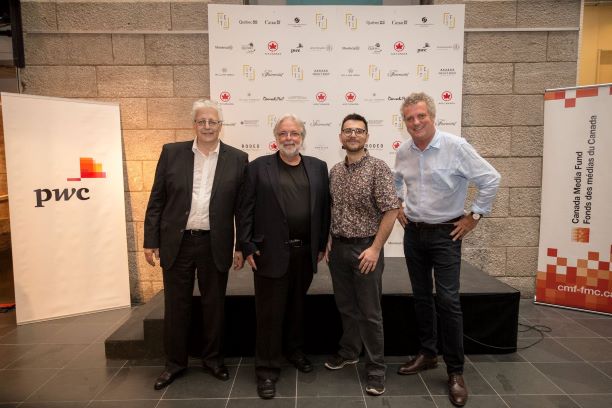
Jean Denis Olharan, Analyst, Business Relations, CMF-Telefilm Canada Program Administrator; Sylvain Lafrance, Chairman of the Board of directors
Acknowledgements
The QFTC would also like to sincerely thank the Canada Media Fund and PwC, which sponsored the 2018 general meeting cocktail evening, as well as all of its public and private partners and its members for their support and trust.
About the QFTC
The Quebec Film and Television Council (QFTC) is a non-profit organization that contributes to the development and competitiveness of Quebec as a world-class multi-screen production centre. As an economic development agency, its mission is to generate investment in Quebec by relying on competitive tax incentive programs, the expertise of industry members, architectural diversity, the quality of infrastructure and the industry’s ability to export its products to foreign markets.
The QFTC receives support from its Partners: Air Canada, Banque Nationale, BFL Canada, ComediHa!, Corporate Stays, Demers Beaulne, Hôtels Fairmont, Front Row Insurance Brokers, Hôtel Gault/Monville, MELS, Miller Thomson, MTL Grandé, Raymond Chabot Grant Thornton, le Ritz Carlton, Smart&Biggar, Technicolor, Hôtel William Gray, and Zone3 as well as assistance from various federal, provincial and municipal governmental departments.
For more details, visit www.qftc.ca.
Information :
Anne Fossier
Quebec Film and Television Council (QFTC)
Office : 514 499-7070 #221
anne@qftc.ca













